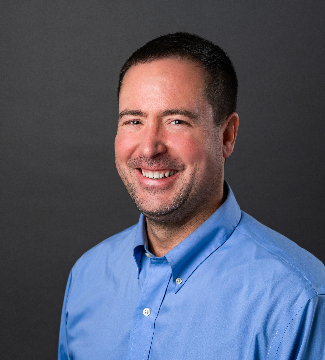
Brandon Parsons, PhD, MBA
Biography
Dr. Parsons has over 20 years of business experience working in various industries. Brandon started working for McKenna Long & Aldridge, now Dentons. He worked on litigation, corporate, and anti-dumping cases. Subsequently, Brandon became the managing director at a division of Adecco Staffing. After his time with Adecco, he worked for Caterpillar Financial in Nashville, Tennessee.
Dr. Parsons began teaching economics in 2014 and currently teaches at the graduate and undergraduate levels at Pepperdine's Graziadio Business School. Professor Parsons teaches managerial economics, macroeconomics, and international business. Brandon's research focus includes determinants of income inequality and political instability. Dr. Parsons has published several papers on income inequality and political instability using panel data methods. Brandon received his BA from the University of Southern Indiana, his MBA from Pepperdine, and his MA from the University of Detroit Mercy. Dr. Parsons completed his Ph.D. in Economics at the University of Southern Mississippi. Dr. Parsons is an avid traveler, having visited over forty countries and every continent. In addition, Brandon's hobbies include competing in Ironman triathlon events and climbing mountains.
Education
-
PhD, University of Southern Mississippi, Economics
-
MA, University of Detroit Mercy Detroit, Economics
-
MBA, Pepperdine University, Finance
-
Beta Gamma Sigma National Honor Society Membership, BS, University of Southern Indiana Evansville
-
Political Science/History, Alpha Chi and Golden Key National Honor Society Membership